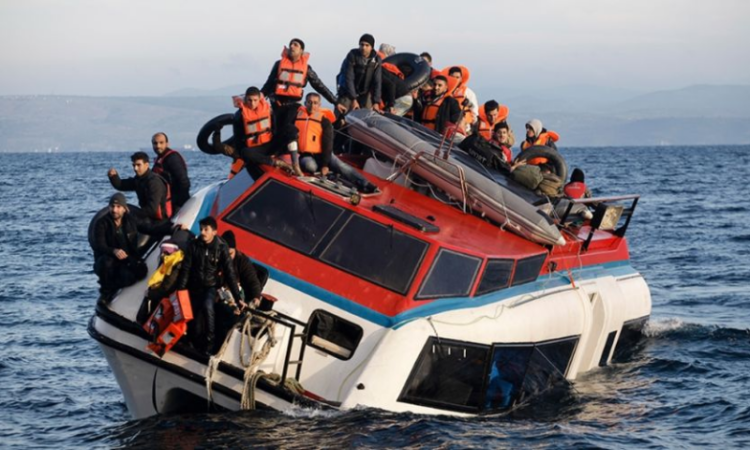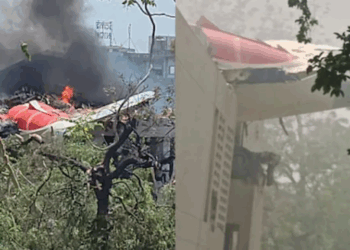Rabat, January 16, 2025: At least 50 migrants, including 44 Pakistanis, lost their lives after a makeshift boat attempting to reach Spain capsized off the coast of Morocco, authorities confirmed on Thursday.
The vessel, carrying approximately 86 people, including 66 Pakistanis, departed Mauritania on January 2, aiming to reach Spain’s Canary Islands. After 13 days at sea, tragedy struck, leaving only a few survivors.
According to Mali’s Ministry of Malians Abroad, just 11 individuals were rescued, and a crisis unit has been established to support affected families. Contrarily, Reuters reported that 36 people were rescued, with 50 feared dead.
The Atlantic route, connecting West Africa to Spain’s Canary Islands, is among the world’s most perilous migration pathways. In 2024 alone, over 10,457 lives were lost along this route—an average of 30 deaths per day—according to Spanish human rights organization Caminando Fronteras (Walking Borders).
This route is frequented by migrants fleeing poverty, political instability, and conflict in their home countries. For many Pakistanis, worsening political and economic conditions have driven them to take such desperate measures.
Helena Maleno, CEO of Caminando Fronteras, revealed on social media platform X that the NGO had alerted authorities six days before the boat’s disappearance. She criticized the lack of prompt action, stating, “They spent 13 days of anguish on the crossing without anyone coming to rescue them.”
Despite the proximity of Morocco to Spain—just 14 kilometers at the closest point—the tragedy underscores the inadequacy of rescue operations. Spain’s maritime rescue service reportedly had no information about the vessel.
The incident has sparked renewed demands for urgent measures to address the humanitarian crisis. Fernando Clavijo, regional leader of the Canary Islands, expressed his sorrow over the tragedy, calling for stronger European and Spanish intervention.
“The Atlantic cannot continue to be the graveyard of Africa,” Clavijo wrote on X. “We cannot keep turning our backs on this humanitarian drama.”
This devastating incident highlights the urgent need for coordinated international efforts to ensure safer migration routes, improved rescue operations, and sustainable solutions for the root causes of migration.








